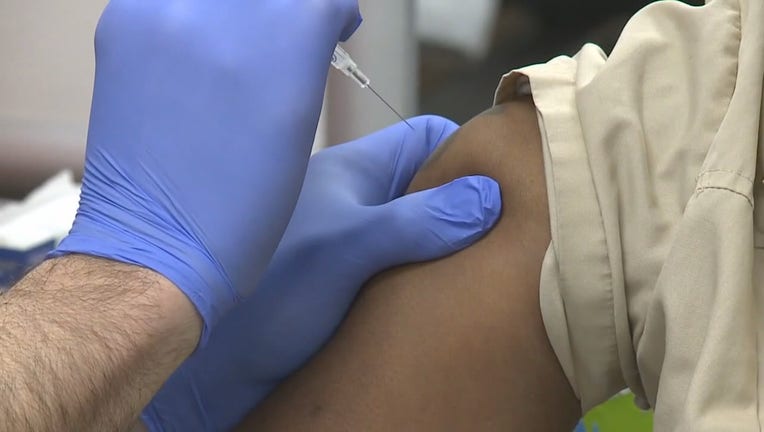Minnesota health official points to data, shipment delays impacting COVID-19 vaccine rollout

ST. PAUL, Minn. (FOX 9) - In response to criticism that the COVID-19 vaccine rollout has been moving slowly in Minnesota, state health officials are pointing to delays in data reporting and the lag time between vaccine allocation and the arrival of vaccine shipments.
Minnesota Department of Health Infectious Disease Director Kris Ehresmann explained the state receives a weekly allocation of doses from the federal government. She says on Tuesday, the state learns how many doses it can order from the government, but officials can't place orders for those doses until Thursday, which means the shipment doesn't arrive until the next week.
"And this discrepancy between the federal allocation announcement and the amount actually available to be administered within our communities is creating some understandable confusion," said Ehresmann.
Once the shipments arrive in Minnesota, the vaccine is then moved to the determined immunization site. For example, an allocated shipment announced on Tuesday may not arrive to its final destination in Minnesota until the Friday of the following week, Ehresmann said.
"To reiterate, vaccine is not sitting anywhere in Minnesota, it's constantly moving and it takes time for the whole process to happen," said Ehresmann.
The next lag comes in the data, Ehresmann explained. Once a vaccine has been given, most providers need to report that information to the immunization system within 24 hours. However, the pharmacies that are working with the federal program to rollout vaccines in long-term care have 72 hours to report that information. Once reported, MDH staff verify the data before posting it online.
"It takes a while for the data to get there and so we're seeing a bit of a delay in what we're reporting to you," she said.
As of Thursday, MDH online data showed there have been 91,174 total COVID-19 vaccines administered -- a number Ehressmann said actually reflects the data reported to MDH on Monday. According to Ehresmann, the unverified data shows there have been about 120,000 doses administered statewide.
"Shots are going into arms and there are aspects of this process that are out of our control, but our system is set up to keep vaccine moving as quickly and expediently as we can," said Ehresmann.
Ehresmann reiterated that she believes the state will reach the vaccine allocation levels for group 1A -- health care workers and long-term care residents -- by the end of January, but that it is likely vaccinations for that group will be ongoing as they start vaccinating the next group.

